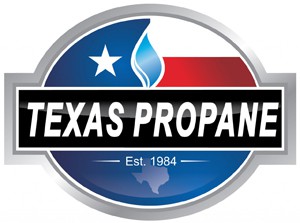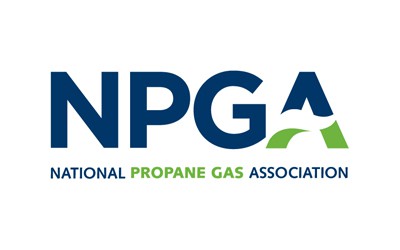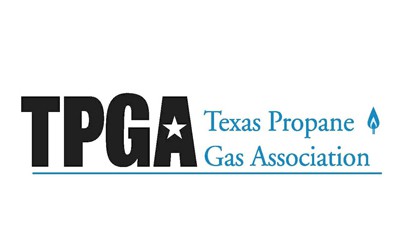How to Detect a Propane Leak
Warning Signs
The following are a few warning signs of a propane gas leak:
- Smell of gas lasts more than an instant after igniting stove-top burners
- Presence of a foul odor persists
- You cannot find the reason for the foul odor
- What you think may be garbage, sewage, or a dead animal may be a serious gas leak
- When you hear a hissing noise near a gas appliance, piping, or storage tanks and cylinders
Odor Fade
Under rare conditions, the chemical odorant (usually ethymercaptan) that gives propane its distinctive smell can “fade” or diminish in intensity. However, a leak can also exist and the gas may not have an odor.
When there is an underground propane leak, odor fade can occur. The odorant can be filtered out by the movement of gas through the soil.
Odor fade can also be caused by oxidation which is a chemical reaction involving internal rust in the tank or cylinder. New and reconditioned tanks and cylinders are prone to rust if they sit too long before being filled when moisture and air get inside.
Another cause of odor fade is adsorption. This is when the odorant in leaking gas adsorbs (sticks) on new or old building materials such as unpainted or untreated masonry, rough wall surfaces and on furniture fabrics and drapes, thus reducing the intensity of the odor. Adsorption can also occur on the inside walls of gas piping and static or periodically used propane storage containers and distribution systems.
Other Reasons Why You May Not Smell a Propane Leak
Physical conditions can also prevent one from smelling a leak. Some physical causes include:
- colds, allergies, or sinus congestion
- use of tobacco, alcohol or drugs
- cooking odors and certain foods you eat
- taking certain medications
- decline in ability to smell, especially for older people
- prolonged exposure to the odor of propane
- musty or damp smells, such as in a basement
- smell from a propane leak may not wake you when sleeping
How to Test for Propane Leaks
All propane leaks are dangerous. If you believe you have a leak, contact Texas Propane to check the system for any leaks. The three different ways to test for a gas leak include:
- the sniff test
- the bubble test
- propane gas detectors
Sniff Test
Leaking propane tends to collect initially in low areas, being that it is heavier than air. To determine whether there is a leak using the sniff test, get down on your hands and knees and sniff close to the floor to smell for propane. If you smell propane, do not light a match. Follow the emergency procedures located on or near your propane appliance.
Propane Gas Detectors
The National Fire Protection Association and federal and state agencies responsible for regulating propane safety acknowledge that odorants added to propane do not provide 100% effective leak detection.
A leak may not be detected by smell on rare occasions. Gas detectors, listed by the Underwriter Laboratories (UL) and others, can be used as an extra safety measure for detecting leaks. Detectors that sound an alarm are now on the market. If a leak occurs while you are asleep, the alarm may assist you in becoming aware of the leak.
These are just a few on how to detect a propane leak. If you believe you have a propane leak, contact a professional here at Texas Propane with the link below!







